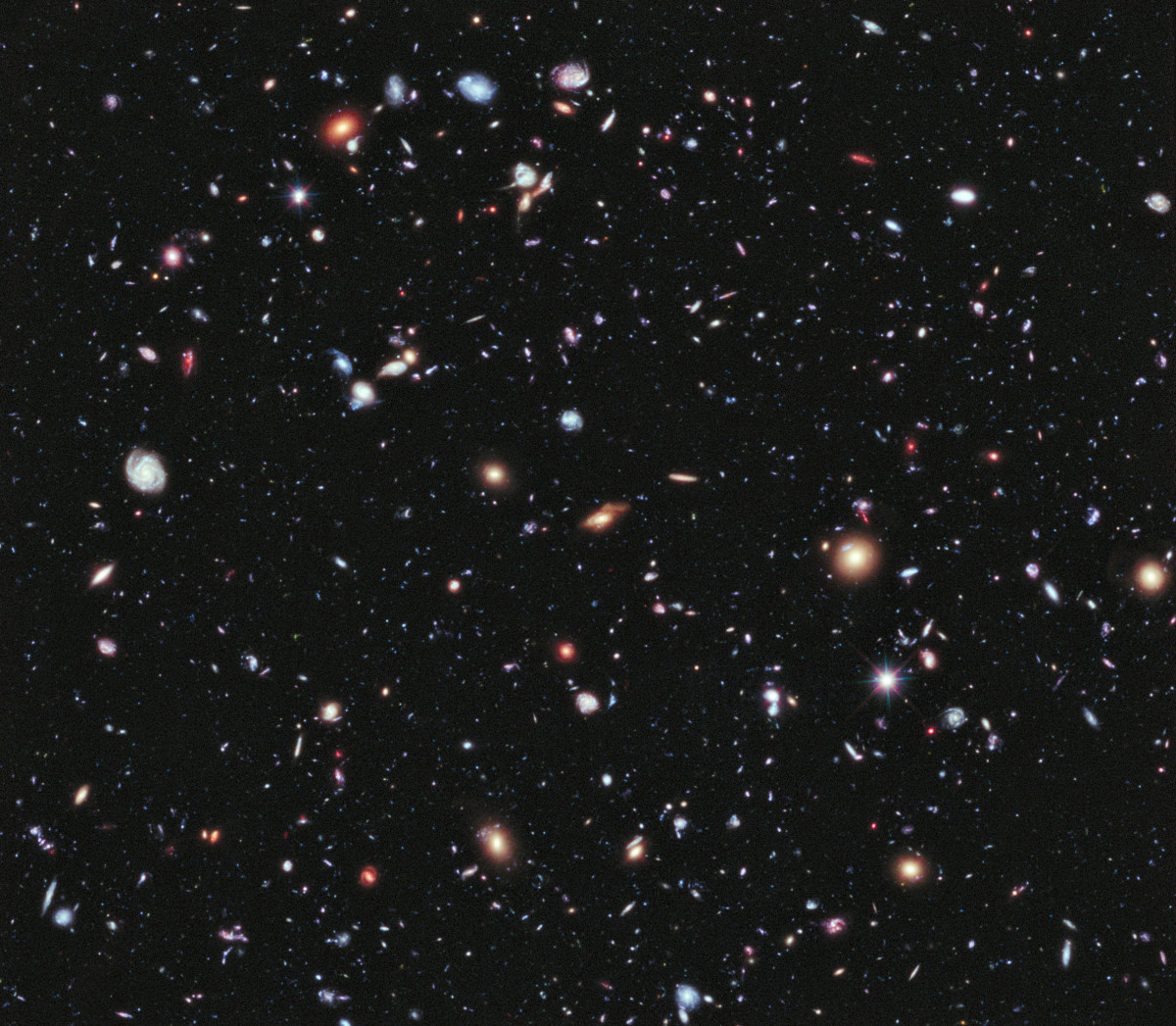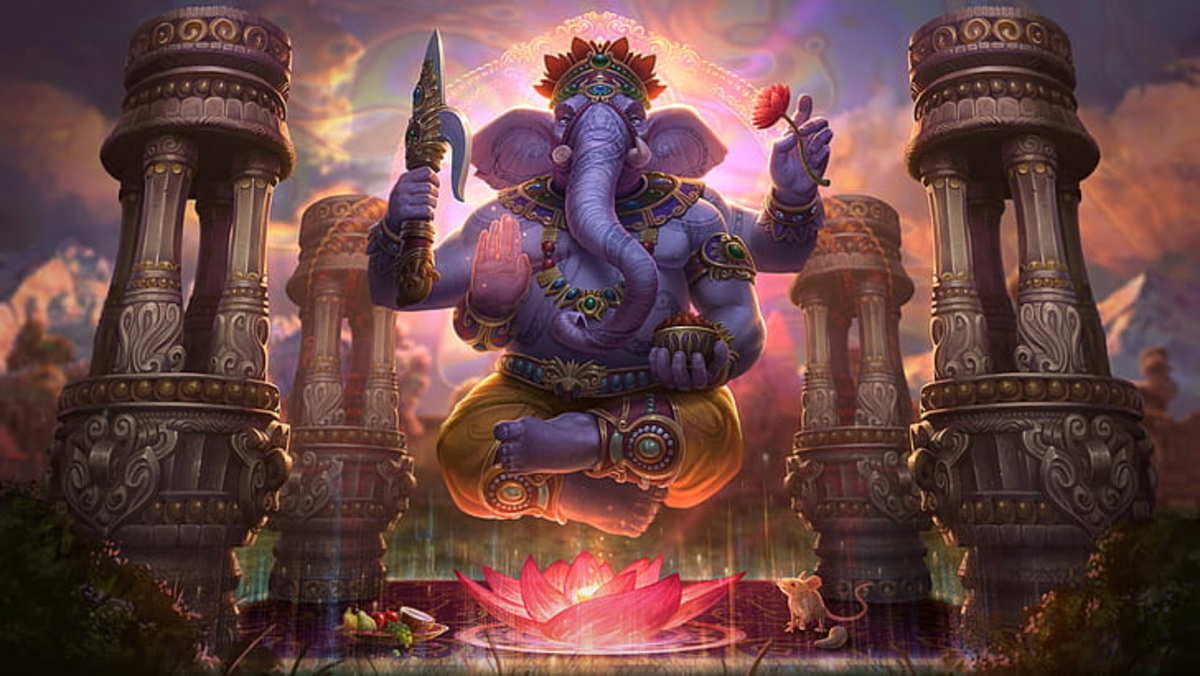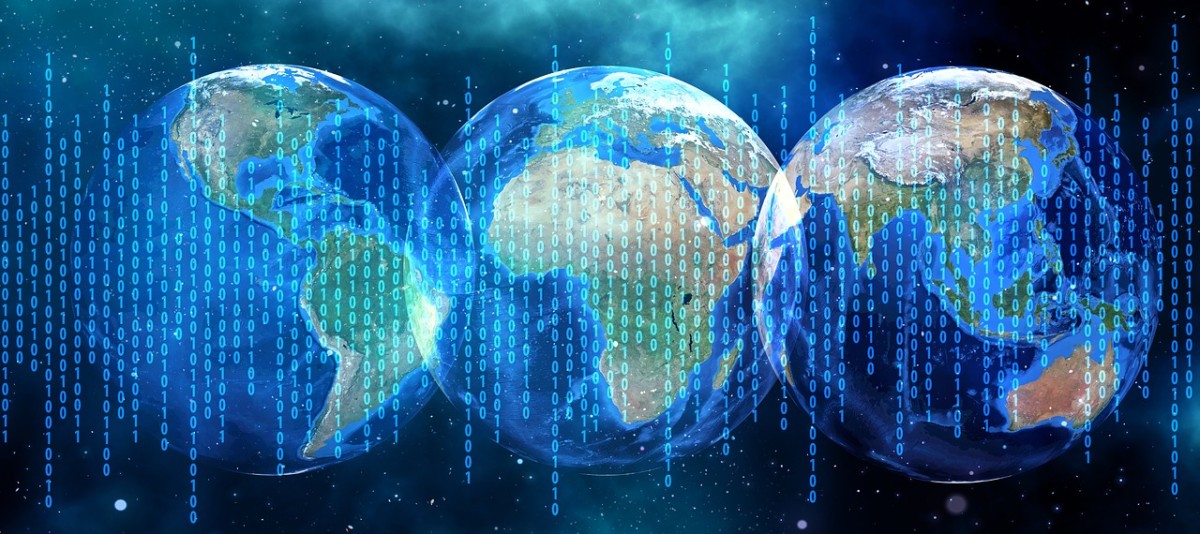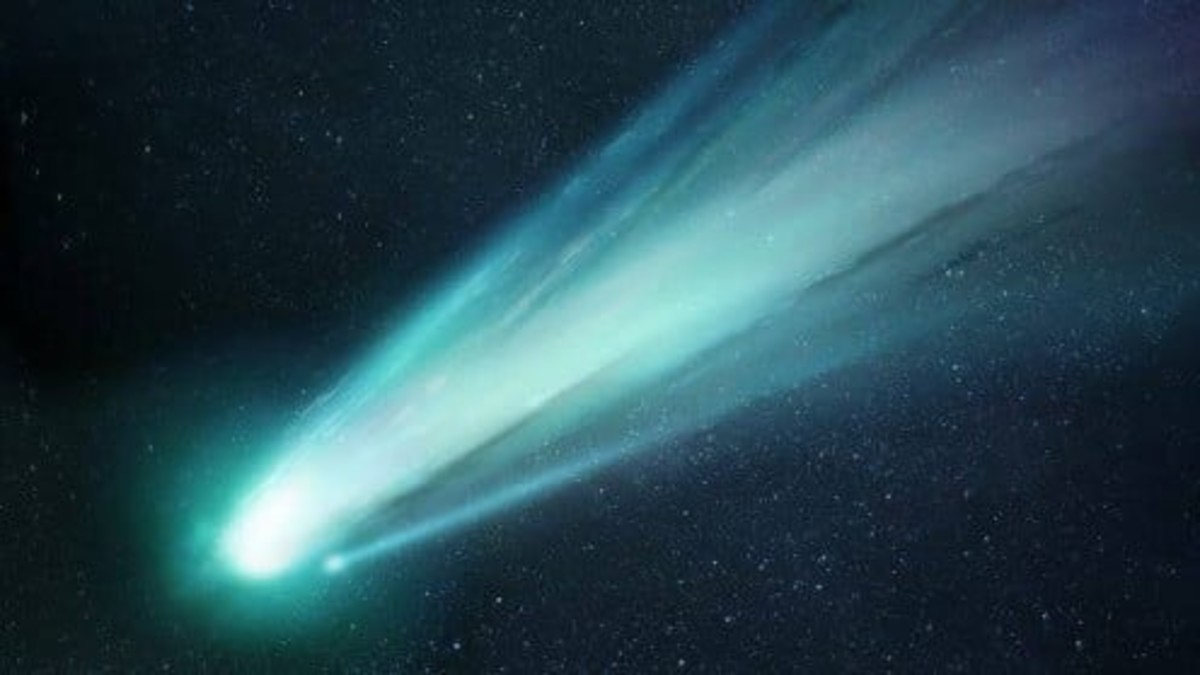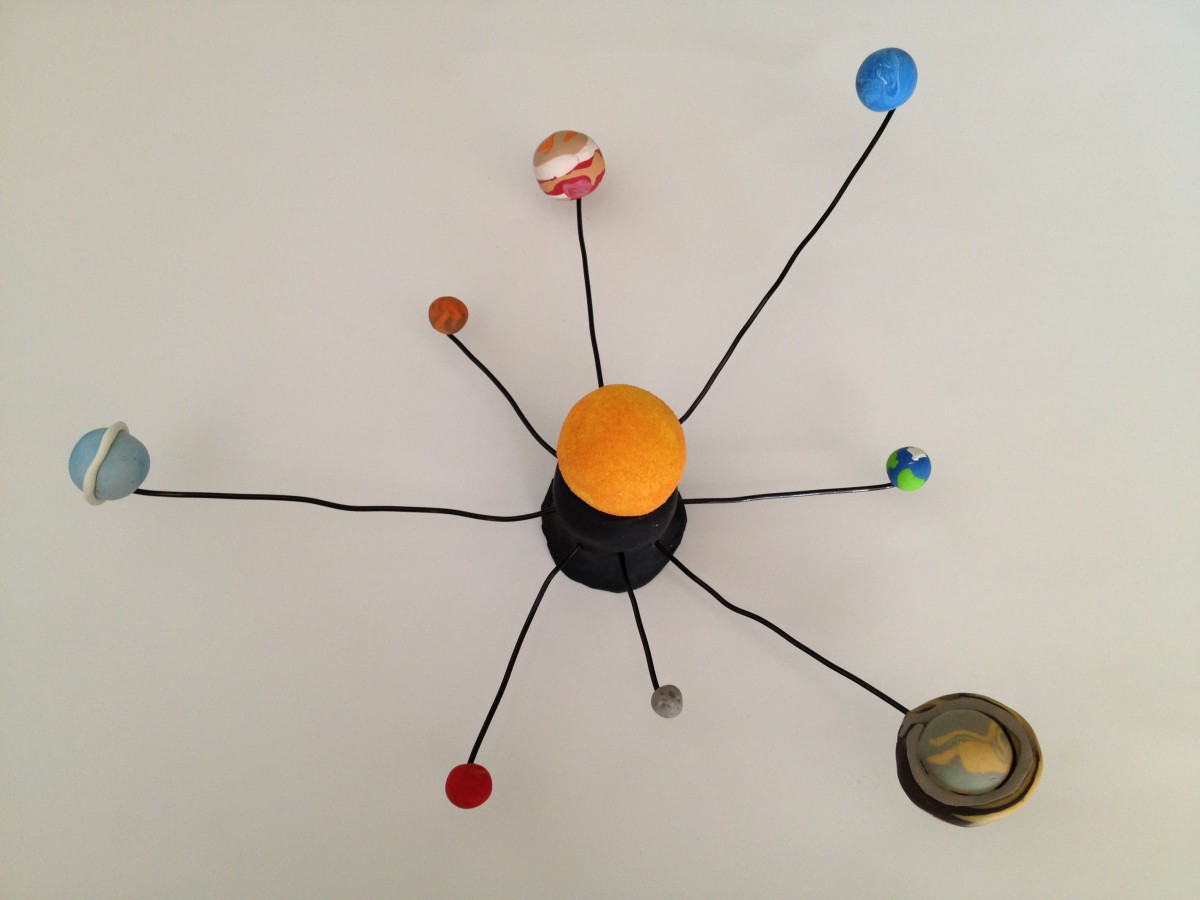War of the Worldviews: Cosmology and the Prime Reality
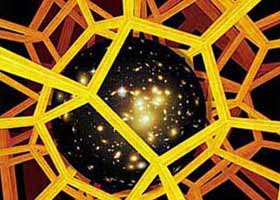
How?
There is a basic question which drives us, some of us mad. This question is one of the beginning. This is the question of ‘How’. How did we get here, how did the world begin, how am I alive sitting at a computer typing (in your case reading)? This question has perplexed many a mind over the course of humankind and many have a strong opinion about this ‘how’, some even believing they have overwhelming proof for it.
The Prime Reality
Why is ‘how’ so important? Why should I care how we got here or how everything began? Perhaps it doesn’t concern me in the least and why try to pry open a door that is meaningless to me? Well, because the answer to the ‘what’ may concern you after finding out about the ‘how’. The ‘what’, in this case, is ‘what is the Prime Reality’: what is “really real”? If you could care less about reality then stop reading now, close out this window and check your facebook; because the rest of us are going on a journey filled with some imposing questions that need answered.
How does one even begin addressing these big issues? How can we determine the answers to these questions? The key is the ‘what’, the prime reality. The approach is simpler than you might think, though it takes some brain power and energy to press through to comprehend the answers and ramifications of the answers. We can make determinations based upon our evaluations of Worldviews. Everyone has a slant to their perspective and many people have a set of beliefs based upon that slant.
If we measure and weigh the main worldviews we will have the best scenario left as the most likely reality based upon objective reasoning and facts. It’s like panning for gold and shaking out all of the dirt before finding gold pieces. You may not like this analogy because you don’t want your perspective to be seen as ‘dirt’, but my point isn’t to displace dirt it’s to find gold.
War of the Worldviews
I am going to analyze four main worldviews:
- Theism
- Deism
- Naturalism
- Pantheism
Other worldviews generally fall into these categories and if you don’t think so, read on and see if perhaps we find nuggets of truth whilst addressing your concerns. {My approach was inspired by Author, Scientist, and Fellow at the Discovery Institute Stephen Meyer and the work from the TrueU series "Does God Exist?" www.trueU.org.}
Pantheism is a belief that god is in everything, or there is some type of living force holding everything together. Naturalism is an approach without a god, a Materialist view generally held by atheists. Deism supports a perspective that there is a god, but god is separate from everything; god made the earth and left it to spin on without supervision. Theism is a belief that there is a personal god who can be known, created everything, is involved in the matters of the world, and upholds the universe.
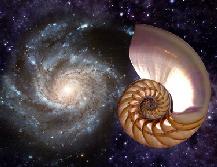
Pantheism
An example of a Pantheistic approach may be seen in movies like Star Wars and Avatar. The idea that the earth is somehow all connected and perhaps god or some kind of god-like-force is in everything and perhaps everyone is more and more attractive to our ‘green’ culture. This idea may make sense to people because the earth is what we know and can see with our own two eyes. We also may feel a spiritual connection to people or even animals, so we may be able to explain why it seems we have a spirit and/or soul.
This perspective may hold as a possibility, if the earth/universe has always been… if it has been around forever. If there was a beginning to the earth and universe then Pantheism cannot be, because a force or god cannot create itself. It would be absurd to assert that a force could create itself by its own causal powers. If then we can see evidence for a beginning then Pantheism would no longer be one of our options.
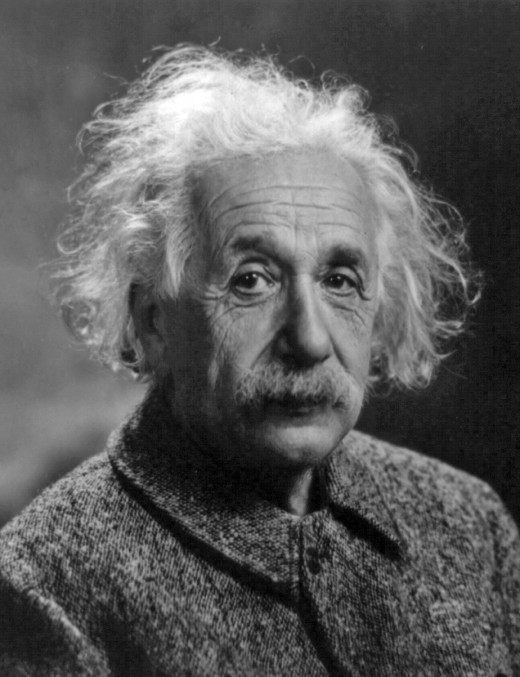
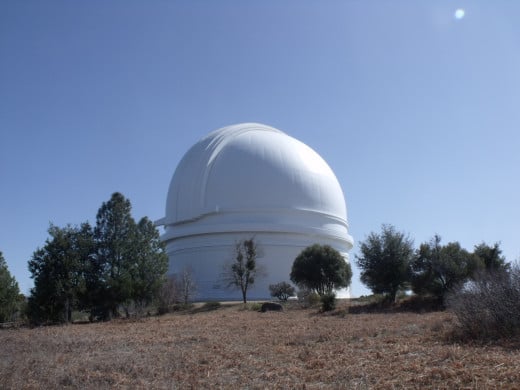
Albert Einstein was a pretty smart guy and a physics guru who helped us understand, through the theory of relativity, that the universe is expanding. Astronomer Edwin Hubble actually observed the expanding universe, which is known as Hubble’s Law. Einstein initially made a ‘comological constant’ to keep the math from dictating what he found, that the universe is expanding (because frankly, he just didn’t like the implications of an expanding universe). He made a trip to visit Hubble, upon Hubble’s request, to see the expansion evidence himself. Upon visiting Hubble at the Palomar Observatory Einstein said, “I now see the necessity of a beginning” (Douglas, A. Vihert, "Forty Minutes With Einstein," in Journal of the Royal Astronomical Society of Canada, 50. (1956), p.100).
Theory of Relativity (http://en.wikipedia.org/wiki/Theory_of_relativity).
Hubble's Law (http://en.wikipedia.org/wiki/Edwin_Hubble).
The basic principle here is not difficult to understand. If we have verified scientific evidence which shows a beginning, to the universe and earth, we know that Pantheism is not possible based on our understanding of a god or force not being able to create itself… because it had to begin, because it is tied to the universe/earth. Pantheism gone (as far as we are concerned for now). One down two to go.

Naturalism
Naturalism is naturally the next candidate in our analysis of possible ‘what’ answers. Naturalism suffers from the same fatal flaw as Pantheism. How do you take a materialistic perspective and apply it when the implication is that matter made itself? Such an approach would require an exceptional loophole around this problem.
I know, quantum physics… perhaps there is a theory we could use to jump out of reality temporarily. Such attempts, such as string theory, have been made and have become a popular alternative to the scientific approach to science (e.g. proven science or observable science). I am using a witty banter tone here to show my bias, but am not indicating that all of quantum physics is completely erroneous (obviously not quantum mechanics, which has made multiple inventions possible); just focusing on the attempt here of Materialists trying to juke the matter creating matter problem (No offense Sheldon, from the Big Bang Theory).

These theories that try to explain around this materialism problem hit another brick wall with a further scientific discovery. In his book, “A Brief History of Time”, Stephen Hawking states, "In real time, the universe has a beginning and an end at singularities that form a boundary to space-time and at which the laws of science breaks down"(p. 139). He indicates that there is a beginning to time itself, and though he himself tries to continue the materialism two-step this brings an important question, and roadblock, to the Naturalism point of view: How does matter come out of nothing, and create itself outside of time & space? Even quantum physics seems a little shallow to address this consuming chasm of a question.
Though I expect hesitation at best and much debate at least because of the possible debunking of the Naturalism approach I will move on to the next worldview. After analysis Naturalism just does not seem to stand up to the evidence stacked against it. I will discuss this perspective, via Hub post, later because there are many additional points to add that may help convince the skeptic… or at least convince the skeptic that he/she is a skeptic based upon bias who should take a closer objective look at the evidence before continuing to throw in his/her lot with the Materialism viewpoint.
Deism
The question of Deism vs. Theism: why does one matter more than the other and how can we show one more probable than the other? Well, the mattering part is something that we will focus on in the future (another Hub post another time). What we want to know now is what lines up best with reality as we can observe and know it. How can we know that a god, if there is a god (presumed at this point, if our reasoning holds true), is involved in the world at all and/or ensures its continued existence {or even cares for that matter}?
Many people have come to the conclusion that there may be an Intelligent Designer, someone or something that made everything including mankind… or at least that this ‘it’ made it so everything would possibly come about through a process, which brings us to where we are at now. Some believe this 'being' walked away from ‘creation’ after making it, or making the first part of it. That this ‘it’ is not involved in our lives, nor does ‘it’ (or god) cause anything else to take place that concerns us (let alone ensuring our continued existence). This Deistic approach may have come about through unanswered questions about ‘why this or that happens’, but right now our concern is the likely-hood point… is Deism the best observable scenario?
Our DNA is an extraordinary example of intelligence in observable science. This intelligence is seen through the information in DNA. “One of the most extraordinary discoveries of the twentieth century was that DNA actually stores information- the detailed instructions for assembling proteins- in the form of a four-character digital code” (Lee Strobel, The Case for a Creator (quoting Stephen Meyer) pg.224). Why does this information matter? The information comes from a source not yet known to science, and we can know that where there is information there is intelligence. “Creation of new information is habitually associated with conscious activity” (Henry Quastler, The Emergence of Biological Organization (New Haven: Yale University Press, 1964), 16).
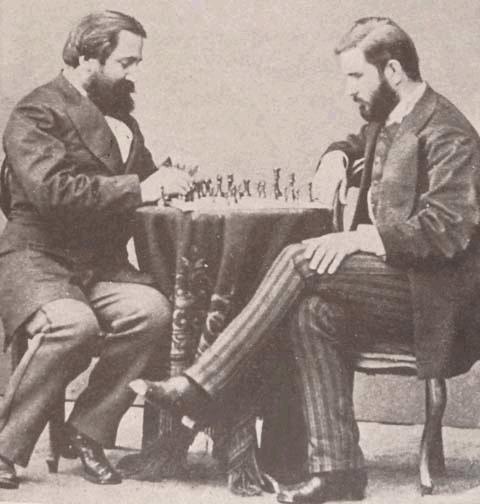
Well, say some being did put information in DNA, why would this “god” have to continue to be involved in the universe? Couldn’t this ‘someone/something’ just put information in its place and leave it alone, like a painter putting his signature on a painting and hanging it on the wall? The problem comes when we recognize that this information has always been put within DNA and is now being placed within DNA, even as we speak. Any new cells being formed, any new proteins, have information coming from an unknown source (as far as science can tell). If we have new information then this source must be involved in the continued formation of ‘creation’, not sitting on the sidelines after making the beginning possible.
There are other science points that will be touched on down the road, but the DNA evidence is quite compelling. Not to mention just the logical philosophical quandaries that seem to plague mankind when a Deistic approach is attempted. What we see in everyday life is that anything that has a beginning, is created, has some kind of purpose. If we, mere mortals, make things for a purpose wouldn’t a supreme being who created everything? If we were created why leave us be? Is there something else better to do out there, like play chess with the planets with some other supreme being?
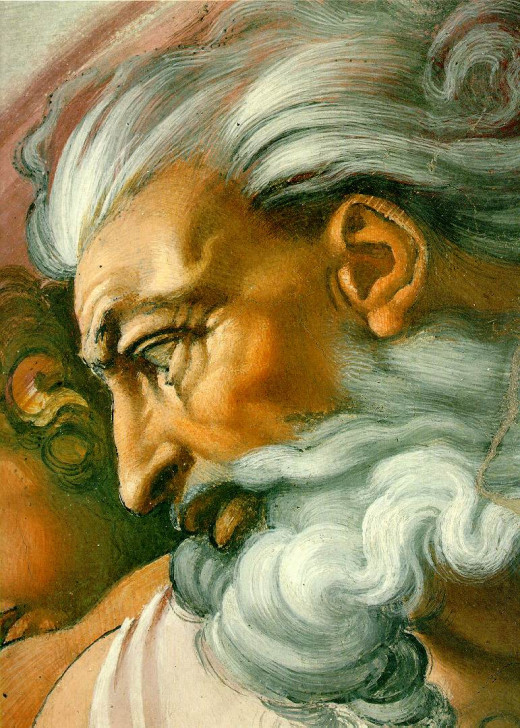
Theism
If we were created and believe that the Theistic approach might make more sense then what is our purpose? Perhaps this most recent question is so scary to us that a supreme being using earth as a pawn in an intergalactic chess game is not so bad. I think many people would prefer not to have a god-given purpose because this purpose might not line up with how they want to live. A Deistic god or supreme being, thing, might be better because he/it/she may not hold me accountable to any standard, because an uninvolved being would certainly not care about how I live my life… would it/she/he?
Perhaps a closer look at the ramifications of this Theistic possibility is in order. Just for curiosity’s sake, and for… I dunno, reality’s sake! We set out to find the Prime Reality and perhaps we have, but what would this mean for us as humankind?
I think two further explorations are in order: 1) Dive deeper into evidence of a potential Intelligent Designer, or Creator, if we dare call the subject such 2) Look at some additional logical philosophical points that may garner a clearer picture of this perspective and perhaps of this Being.
So, our really real journey has begun…
Thanks for reading!
John Marshall

